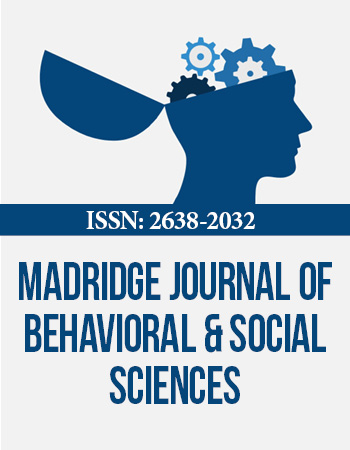International Conference on Alzheimerʼs Disease & Associated Disorders
May 7-9, 2018 Rome, Italy
Early Prevention of Alzheimerʼs Disease? Scientific Justification and Current Strategies
University of Edinburgh, United Kingdom
Epidemiological studies suggest a complex interaction of risk and protective factors which contribute differentially to the probability and timing of Alzheimerʼs disease (AD) onset. By modeling intervention scenarios it may be demonstrated that public health prevention strategies focusing on the most potent and potentially reversible risk factors could have a highly significant impact on disease incidence over the coming decade. This research has been validated across several countries and integrated into the recent Lancet report on the future of AD management. Exposure to these risk factors occur, however, primarily in middle age suggesting that strategies to prevent or delay disease onset should be carried out much earlier than is currently the case. Prevention programs carried out in the preclinical phase of AD will require the development of outcome measures able to detect brain changes in the absence of clinical signs. Recommendations for the design of preclinical prevention strategies are presented along with early results from the PREVENT-AD multi-site research project.
Biography:
Professor Karen Ritchie is a neuropsychologist and epidemiologist, who began her career with the Health Services Evaluation Unit, University of Oxford (Sir Richard Doll) and the Social Psychiatry Research Unit, MRC Australia. She is currently Director of the French National Institute of Medical Research (INSERM), Research Unit 1061 (Neuropsychiatry) in Montpellier. The research work currently being undertaken by this group includes population, clinical and molecular studies of neurological and psychiatric disorders notably dementia, depression, post-traumatic stress disorder, suicide, sleep pathologies, and care evaluation. She has also acted as consultant to the Mental Health Division of the World Health Organization and is a member of the Board of the European Institute for Womenʼs Health. She is currently also Visiting Professor, Centre for Clinical Brain Sciences, University of Edinburgh.


